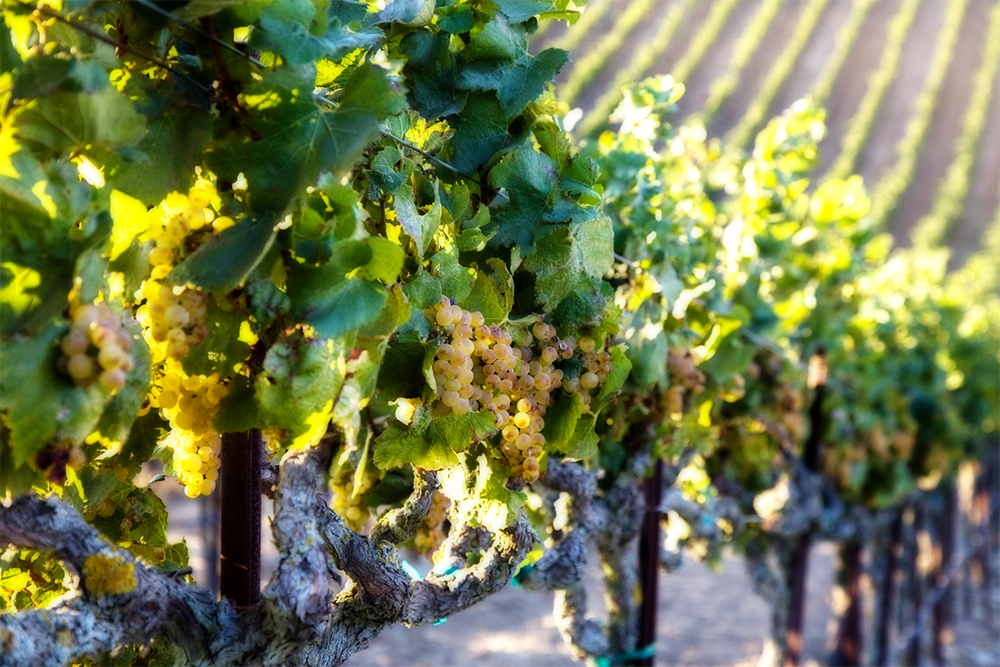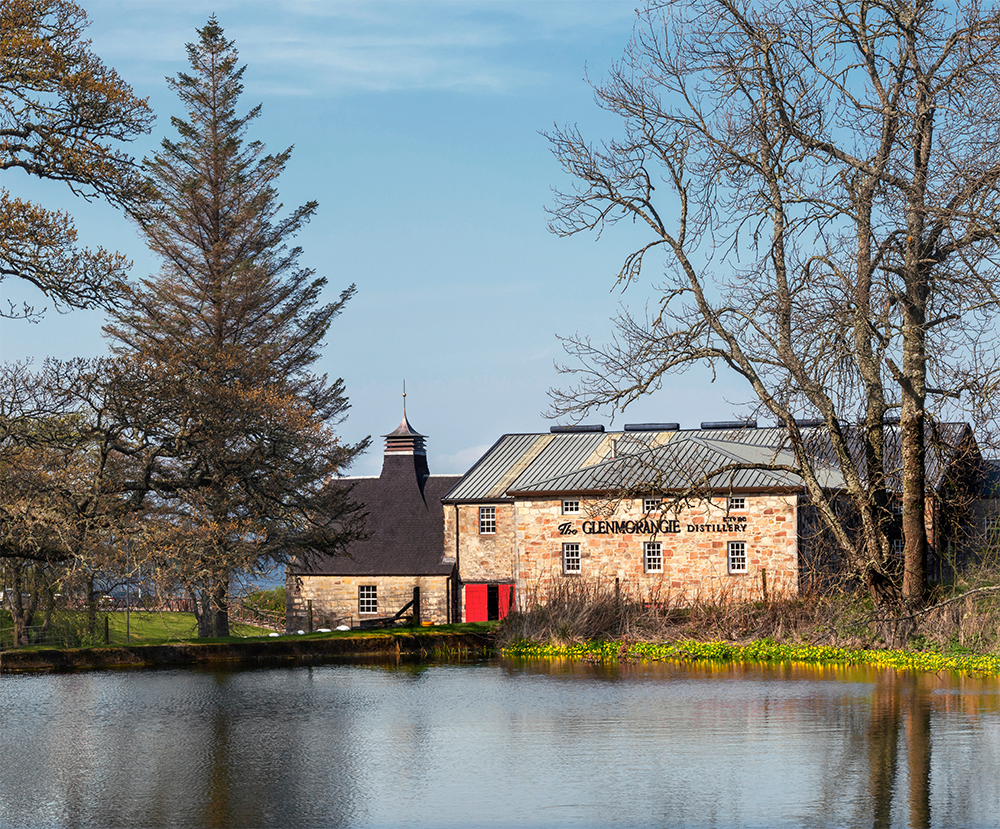At the Vinexpo held in Paris in February 2020, Moët Hennessy presented its commitment to the Living Soils. With three main initiatives illustrated, they will be more dedicated to viticulture than ever before.
During the opening speech of its forum on Living Soils, Moët Hennessy made official its commitment to sustainable viticulture. “Through Living Soils, Moët Hennessy aims to unite its communities across the world and develop a global social responsibility program”, said Philippe Schaus CEO of Moët Hennessy.
The rising concern around climate change affects us all. This “Living Soils” forum is intended to move the conversation forward and facilitate a discussion and ultimately raise awareness without taboo.
“A bottle of wine contains more philosophy than all the books in the world” – Louis Pasteur. This philosophy has been at the heart of Moët Hennessy’s vision for continuous progress on the human side, as well as in terms of knowledge, methods, and technology. Climate change, preservation of the soils, water, and energy conservation, as well as sustainability in supply chains all factor into the protection of the «Living Soils». On this occasion, Moët Hennessy made three announcements:
In 2020, all of its vineyards in Champagne will be herbicide-free and the Division will provide support to winegrower partners to help them become certified sustainable.
Moët Hennessy will invest €20M in a research center in the Champagne Region devoted to scientific research around sustainable viticulture.
A “University of Living Soils” will be created to encourage the sharing of knowledge and best practices. Its aim will be to enrich the debates on progress toward a more sustainable future for wine and spirits in an inclusive way.
Moët Hennessy’s vision across all Maisons is to lead the way for future generations, so that all employees, consumers, and winemakers can continue to enjoy and discover its wines and spirits in a consistent and integrated way that is respectful of nature.
Further initiatives from Moët Hennessy brands and their sustainable practices include Hennessy Electric Vehicles. Hennessy operates the largest fleet of electric vehicles at any private business in France. Switching to electric vehicles cuts CO2 emissions by 80% compared with the fossil fuel fleet. Today, a full 80% of the Hennessy fleet comprises Renault and BMW electric vehicles.
Belvedere is committed to sustainability and driven by a dedication to conversing energy during the vodka distillation process and shifting fuel sourcing from oil to natural gas. Through these conscientious practices, the brand has been able to reduce CO2 emissions by 42% since 2012.
In 2015, Moët & Chandon expanded its vineyard fleet. Designed by the Champagne firm Kremer Énergie, the T4E is the world’s first 100% electric high-clear tractor. Since it uses no fossil fuel, it generates zero carbon emissions while meeting Moët & Chandon’s technical specifications for both milling and treatment work – a perfect pairing with the Champagne house’s commitment to sustainable winemaking.
Glenmorangie aims to do all that they can to prevent pollution arising from their business, to minimize their use of non-renewable resources, reduce and control pollutants or waste resulting from the operations.
A ground-breaking environmental project pioneered by Glenmorangie has seen Native European oysters reintroduced to coastal waters around its Highland home after a century’s absence. The project’s vision is to restore long-lost oyster reefs to the Firth, to enhance biodiversity and also act in tandem with the anaerobic digestion plant to purify the by-products created through the distillation process – an environmental first for a Distillery.
As opposed to using rodenticides to rid their fields of critters eating their grapes, Chandon have owl boxes to encourage owls to nest & work as a natural pest control strategy
Chandon monitors the water content in the soil and vines, allowing parsimonious use of their water resources. Their vineyards are irrigated almost entirely by reclaimed or collected water.










